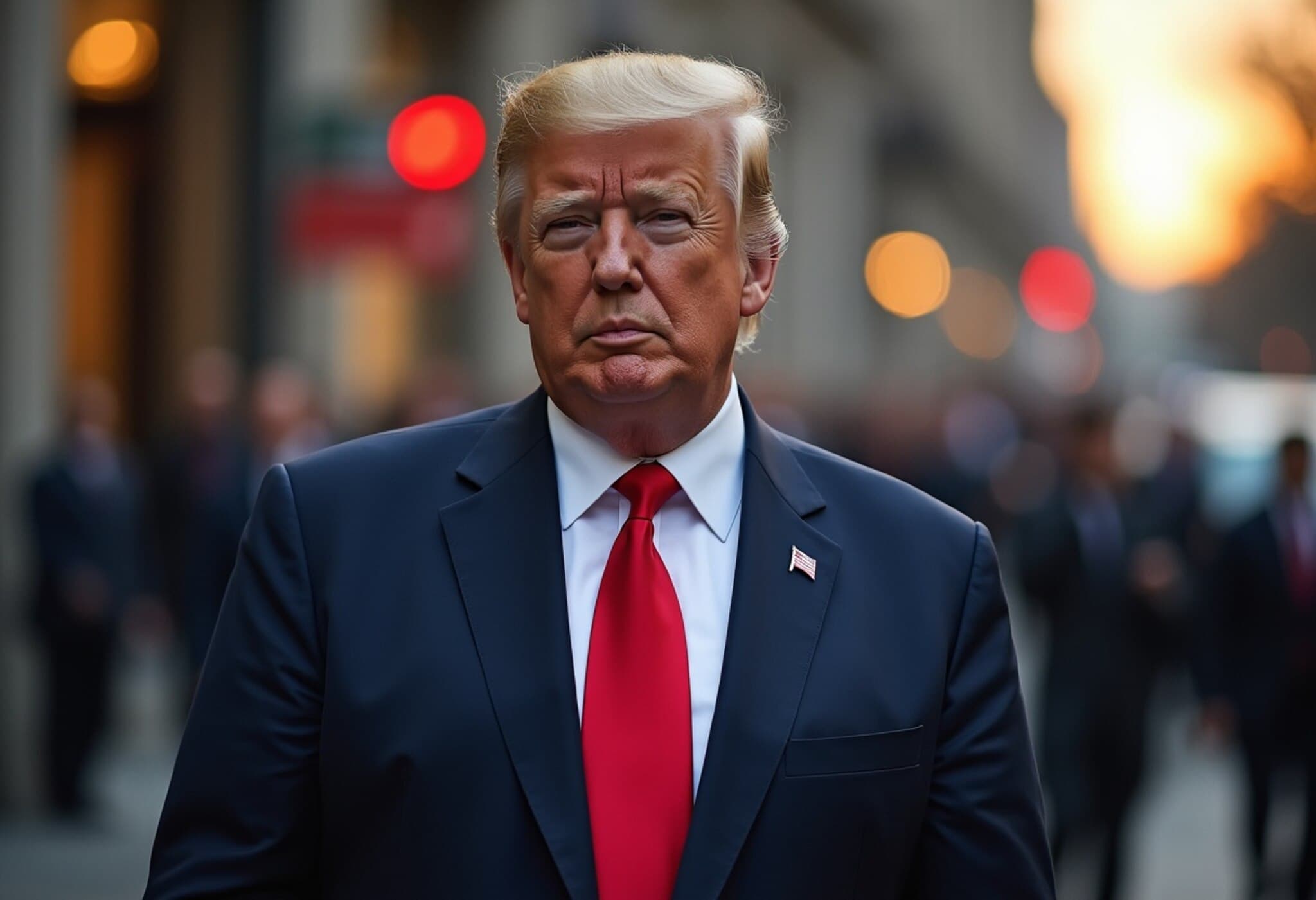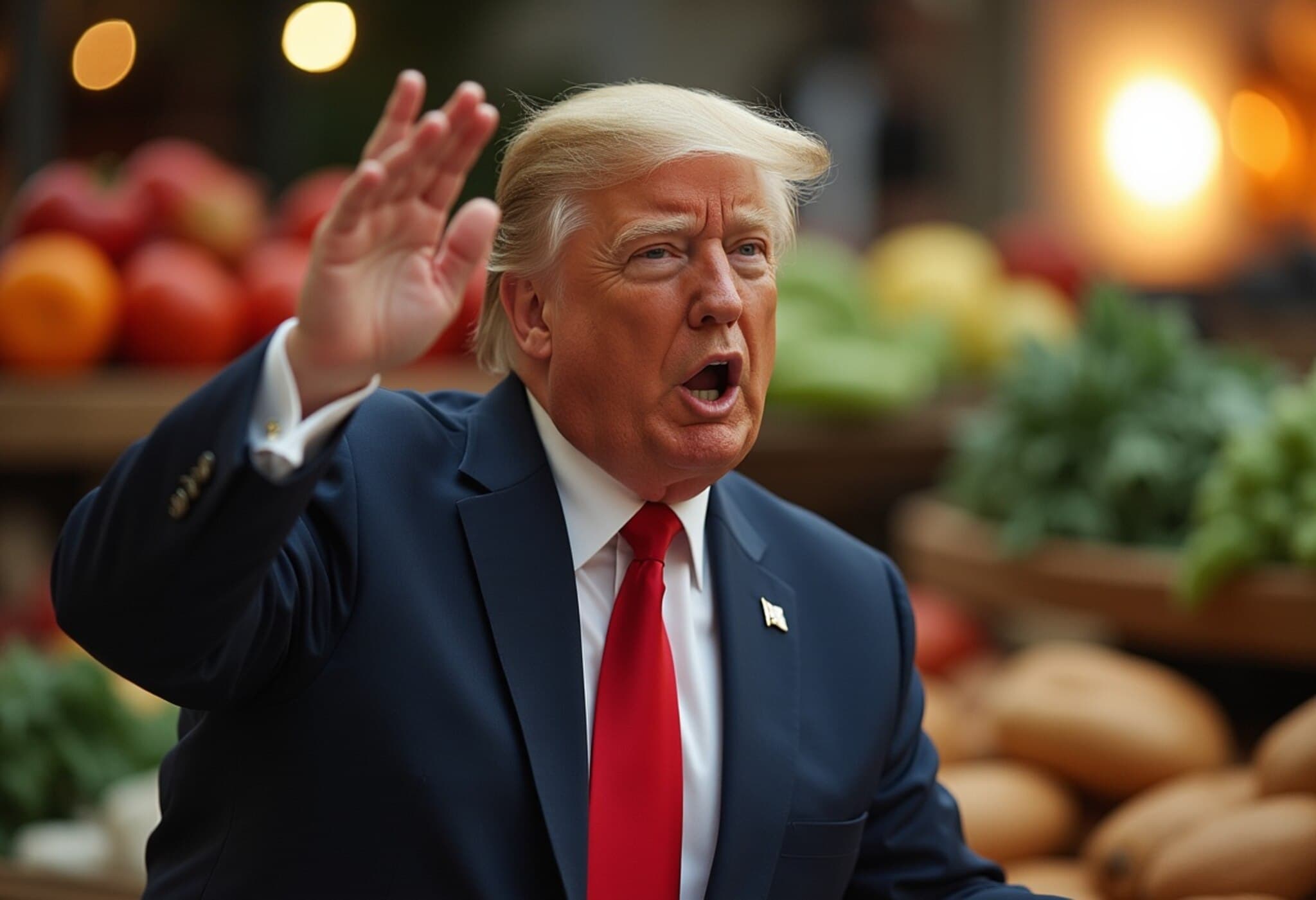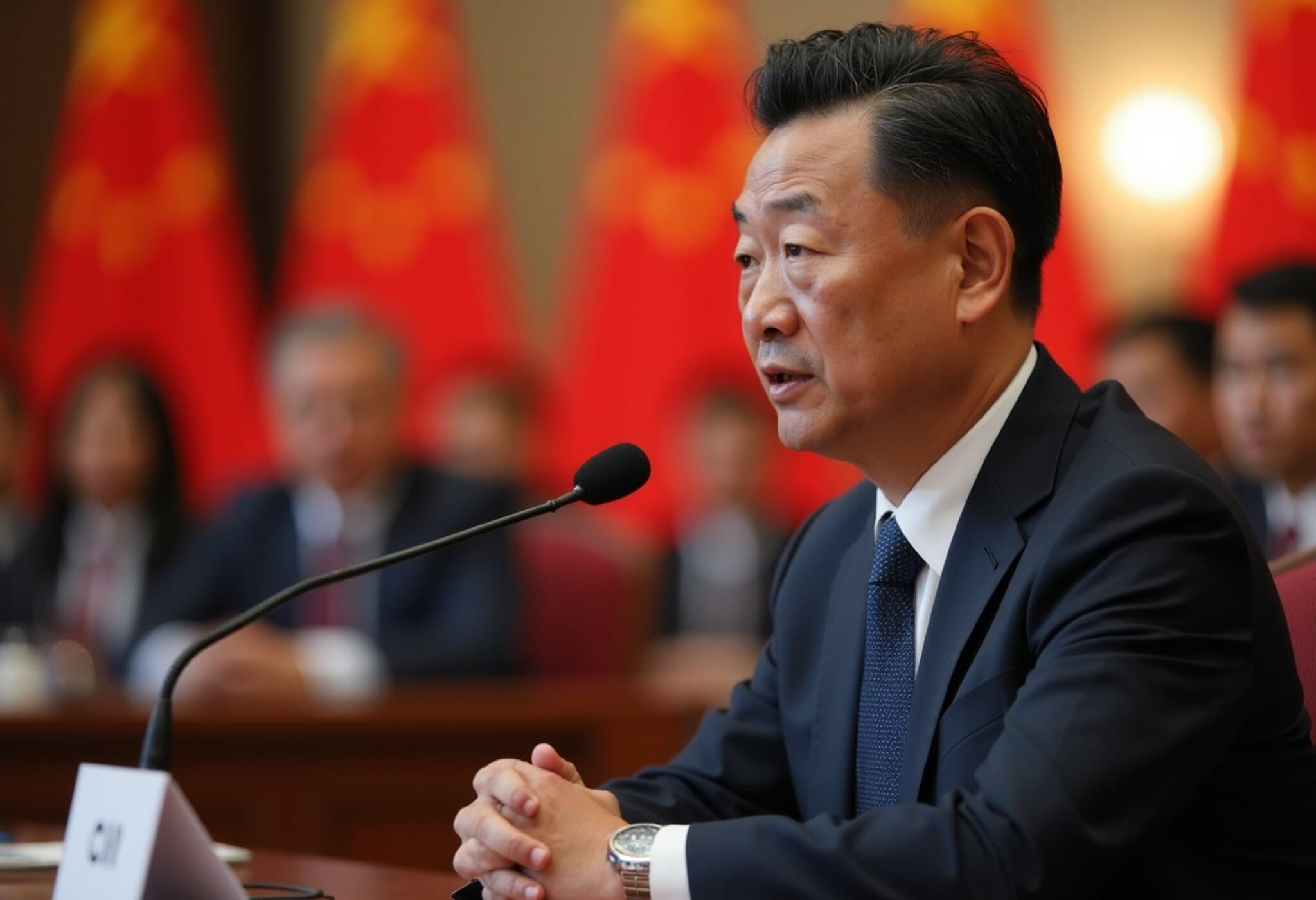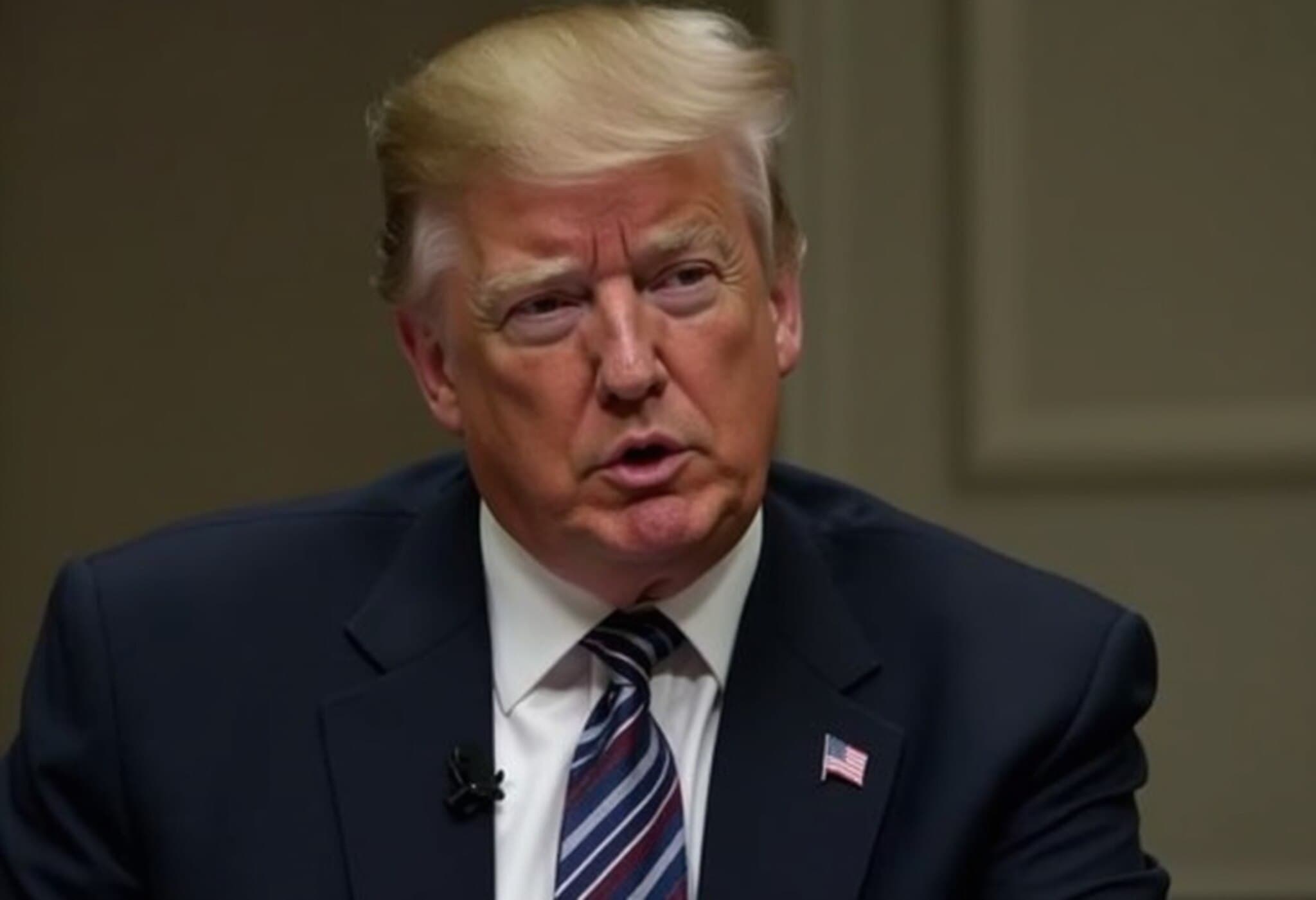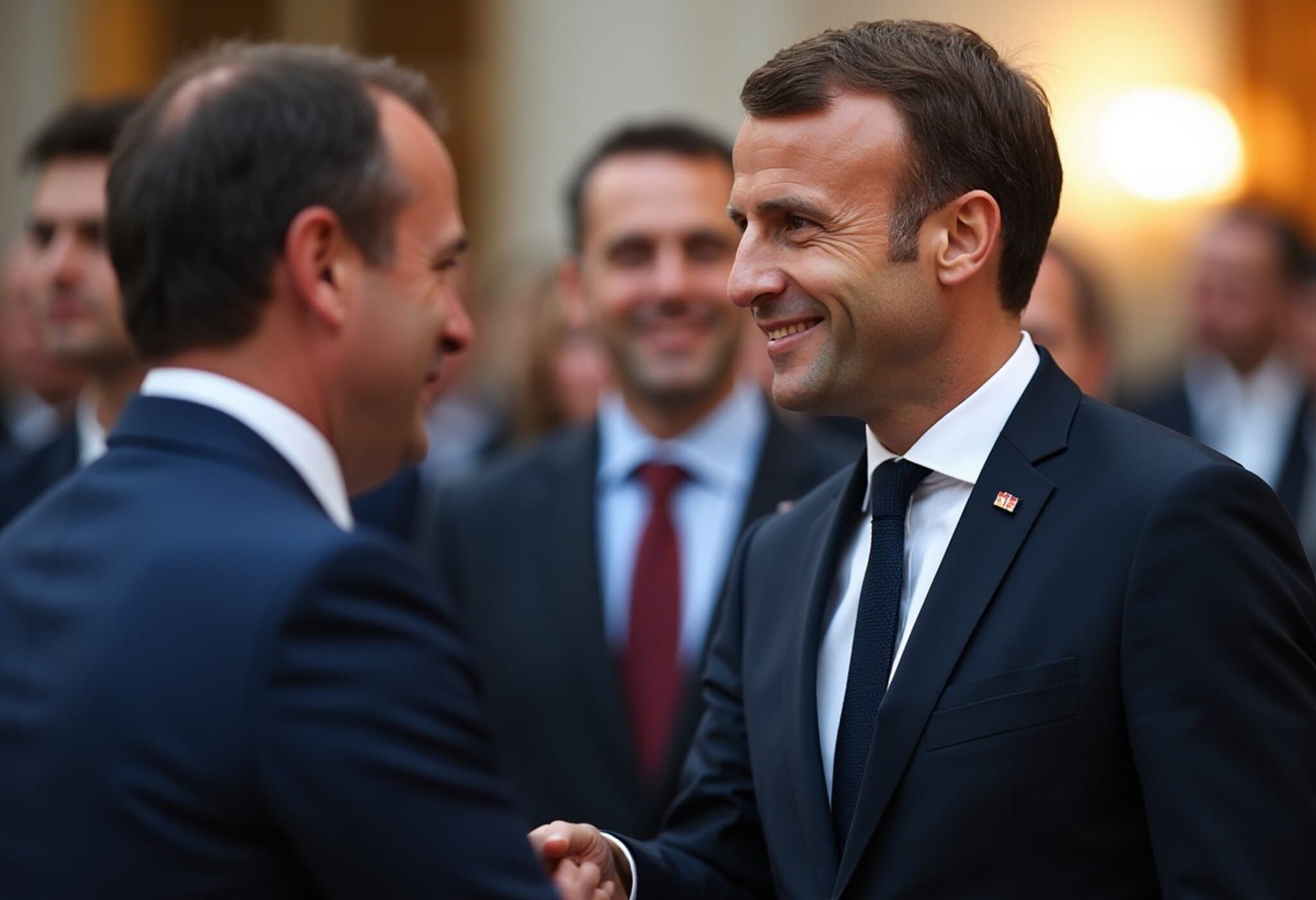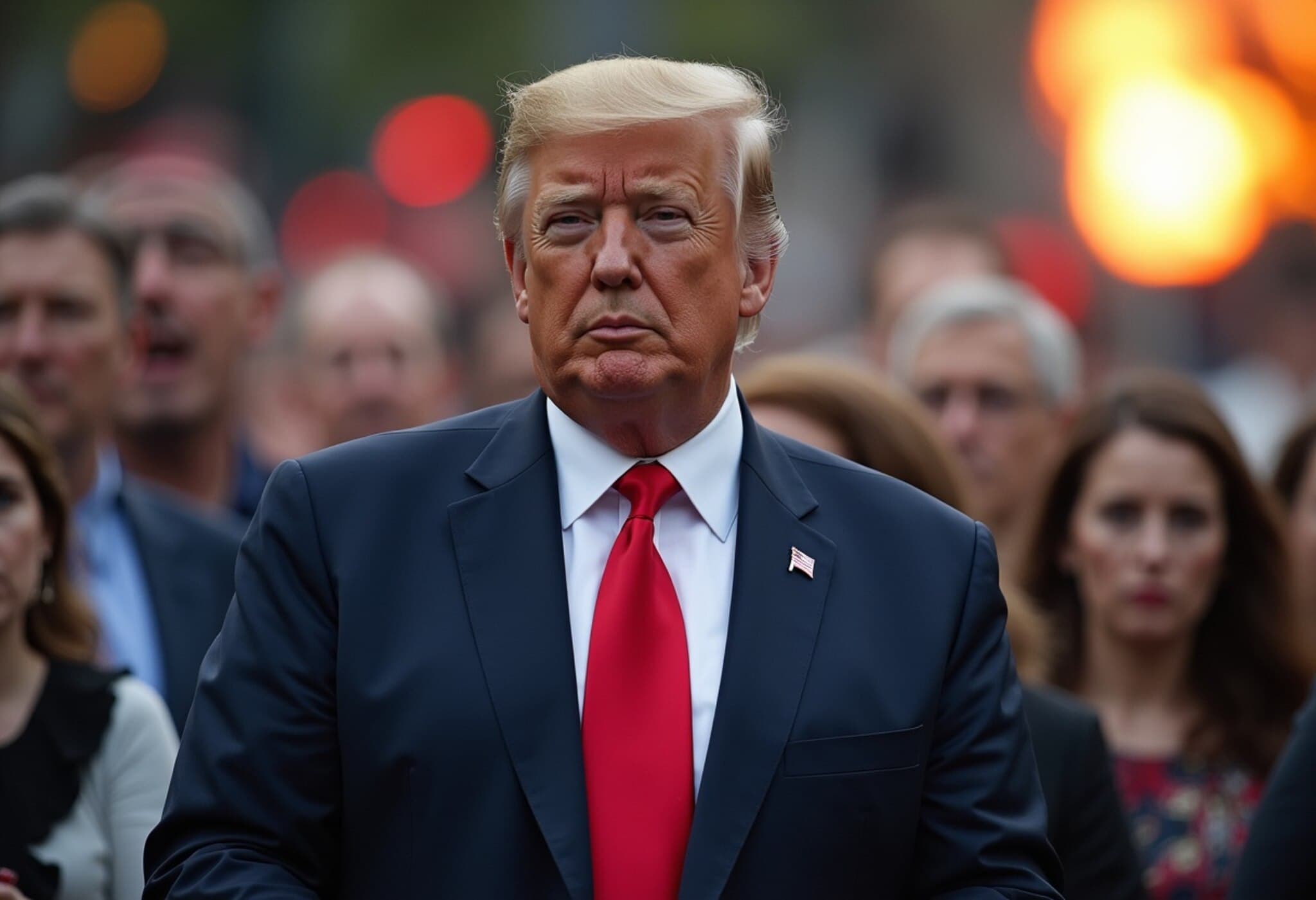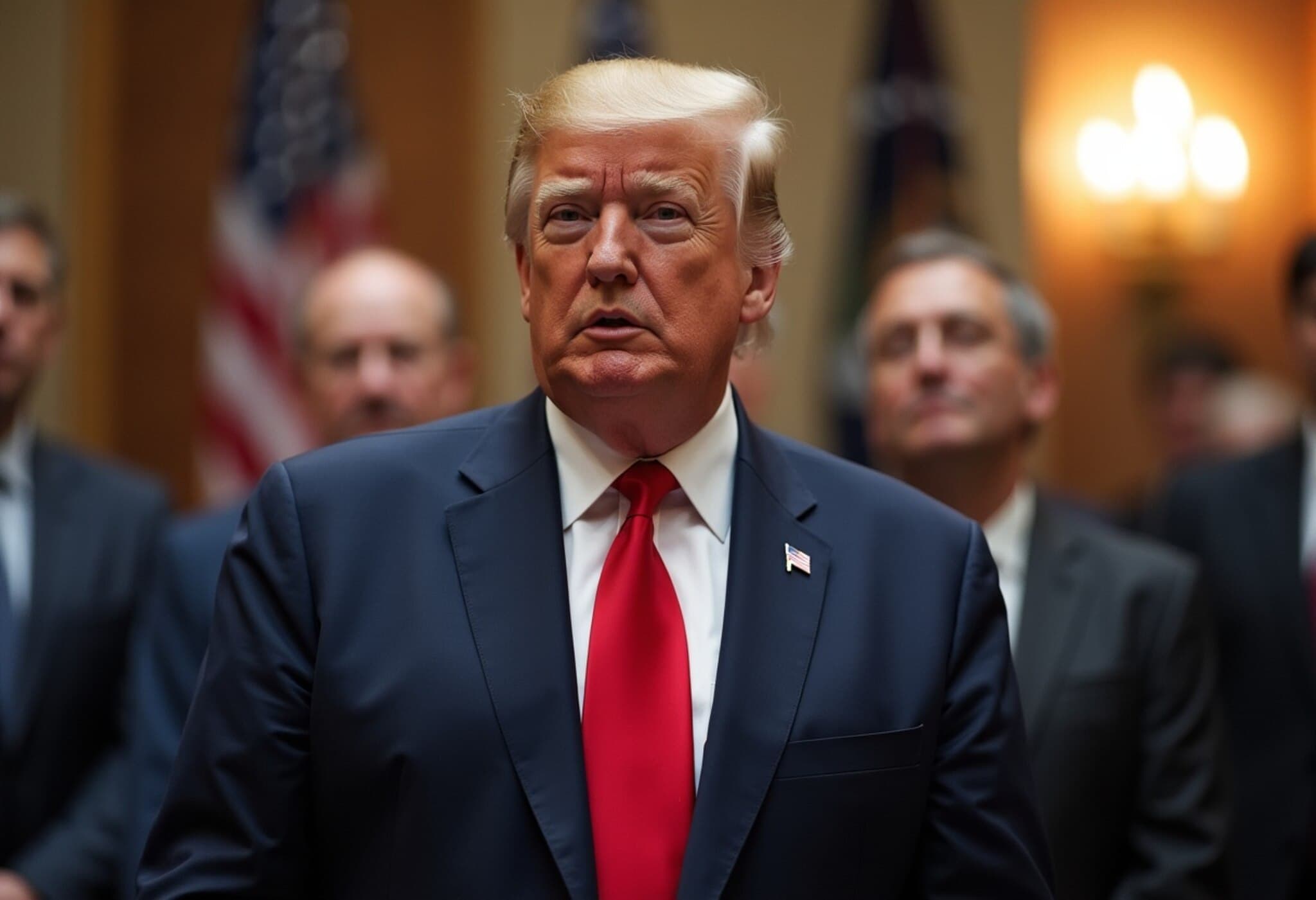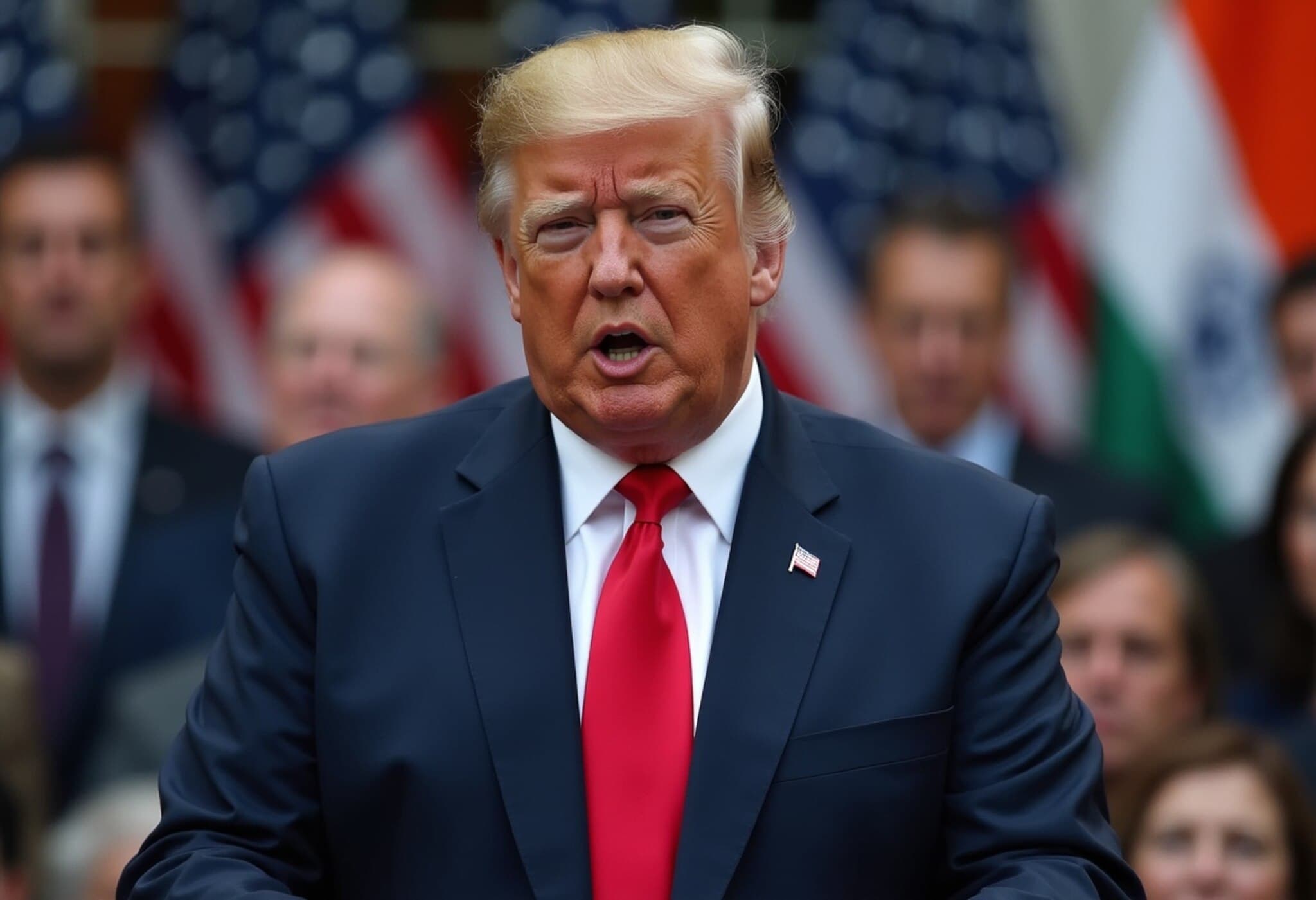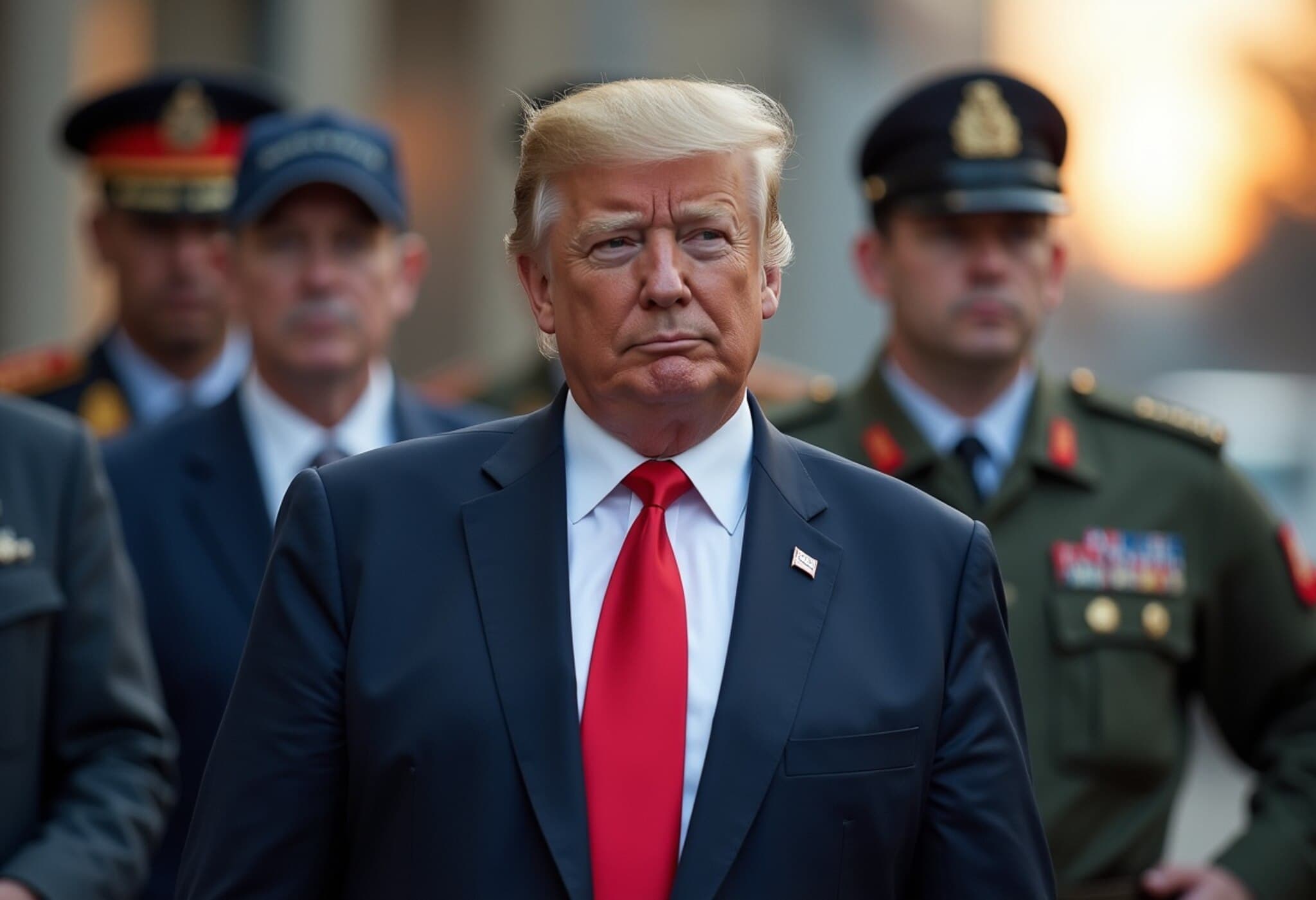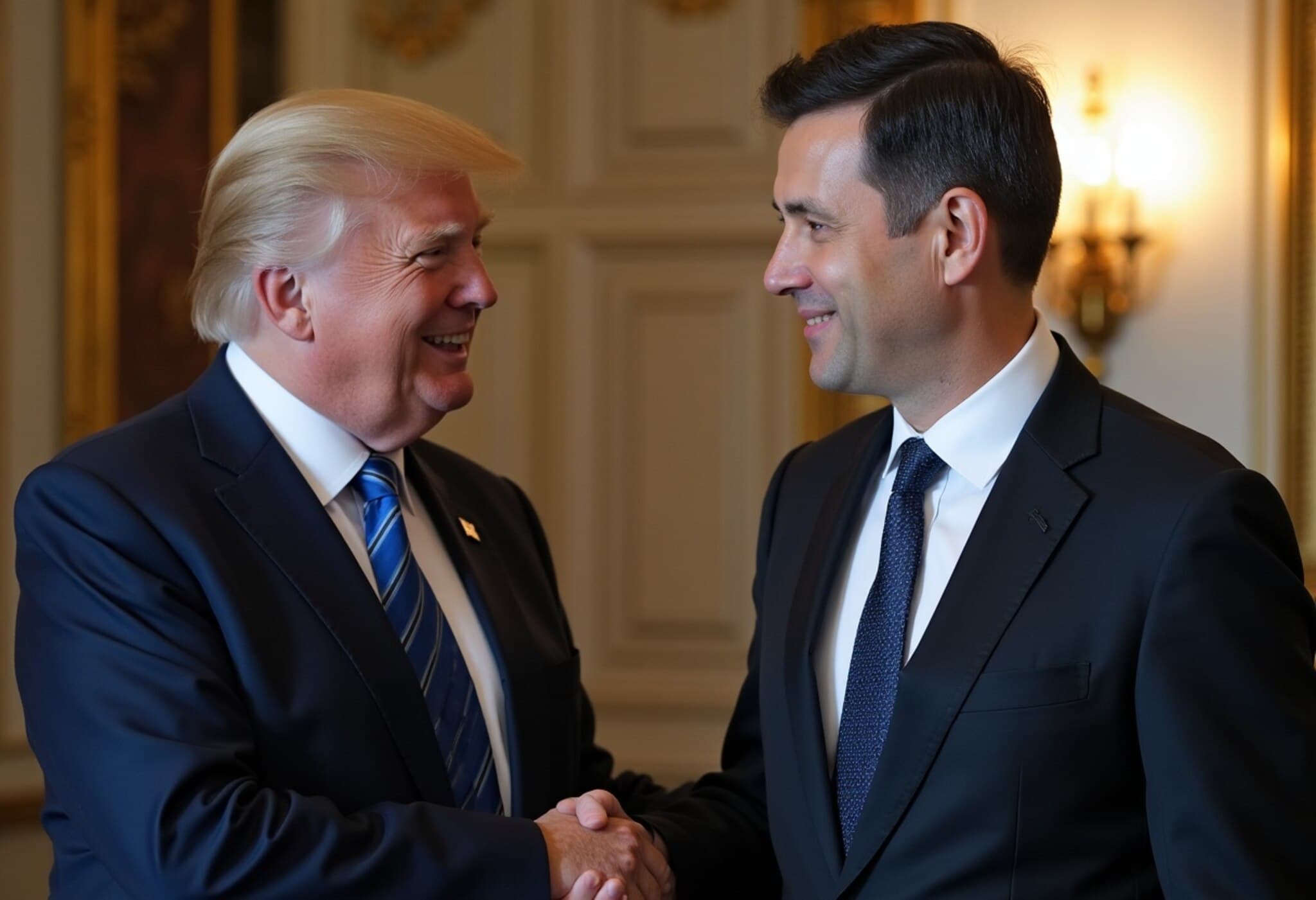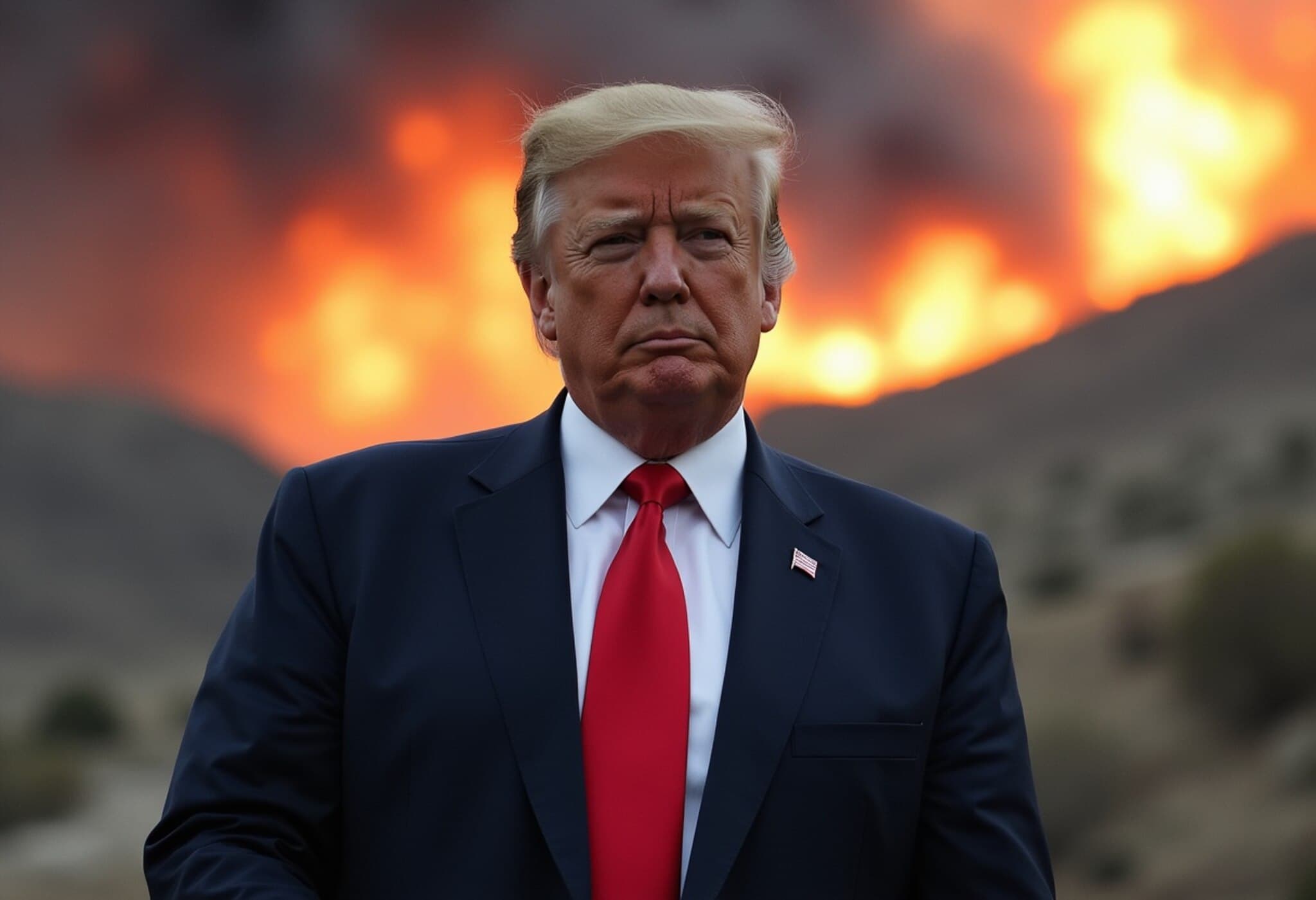Trump Targets Spain Over NATO Spending Shortfall
U.S. President Donald Trump delivered a stern warning to Spain on Wednesday, criticizing its refusal to commit to NATO’s recently increased defense spending target. Speaking at the NATO summit in the Netherlands, Trump called it "terrible" that Spain wouldn’t meet the alliance’s goal of allocating 5% of its GDP to defense by 2035.
Implications for Trade Relations
Trump didn’t hold back on linking Spain’s NATO stance to ongoing trade negotiations. He made it clear that Washington would adopt a tougher line, stating, "We're negotiating with Spain on a trade deal and we're going to make them pay twice as much — and I'm actually serious about that." While affirming his respect for Spain and its people, he accused the country of seeking a "free ride" in defense contributions, warning that this imbalanced relationship would be rectified through trade policies.
NATO’s New Defense Spending Commitment
The president’s remarks came shortly after NATO members agreed to more than double their defense spending targets, raising the bar from 2% to 5% of GDP by 2035. The alliance emphasized unity amid increasing security challenges, highlighting concerns over Russia’s enduring threat to Euro-Atlantic safety as well as ongoing terrorism risks.
Spain’s Position on Defense Spending
Spanish Prime Minister Pedro Sanchez affirmed his country’s commitment to NATO’s capabilities goals, which focus on military readiness and collective defense measures. However, Sanchez described the current 2% GDP defense spending level as "sufficient, realistic and compatible with the welfare state." He also expressed appreciation for NATO allies' respect for Spain’s sovereignty, signaling a nuanced stance amid mounting pressure.
Balancing Security and Economic Priorities
Spain’s rejection of the elevated defense spending target underscores the challenge of balancing national welfare objectives with the demands of international alliances. Meanwhile, the U.S. is prepared to leverage economic tools to encourage compliance, setting up potential friction in transatlantic relations.
Looking Ahead
As NATO members recalibrate defense obligations in response to evolving geopolitical threats, Spain’s approach highlights the complexities in achieving consensus. The interplay between defense commitments and trade negotiations will remain a critical area to watch in shaping the future of U.S.-Europe relations.

